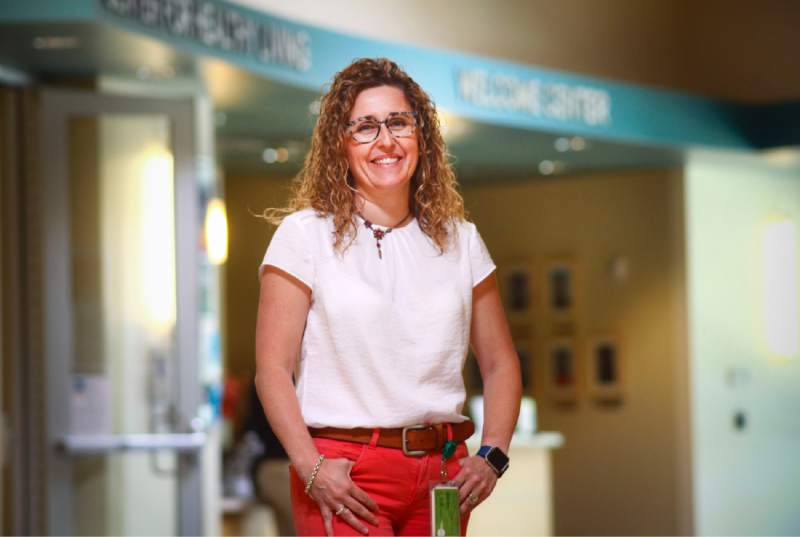More than two years after implementing a first-of-its kind women’s health survey, Sonoma County officials this spring complied data that underscores what officials call an alarming trend of risky behavior in local pregnant woman. The survey and data collected equips health care providers with tools to help reverse that course.
First launched in 2014, the voluntary survey is provided to pregnant women at federally-qualified health clinics throughout the county, including the Petaluma Health Center. Sonoma County has a higher rate than the state average for a slate of adverse behaviors during pregnancy, Maternal Child Adolescent Health Director Tracy Greenwald said.
Sonoma County was among a handful of agencies chosen for grant award from CityMatch, a national organization of urban maternal and child health leaders, to facilitate a collaborative process to develop and implement the questionnaire. The survey, developed by the county, CityMatch, Centers for Disease Control and Prevention staff and personnel from local health centers, delves into topics like drug or alcohol use for the patient and her parents and friends, mental health issues and domestic violence.
Of the nearly 5,000 pregnant women screened between 2014 and 2016, 15 percent reported they were depressed and had used alcohol within the past month, while 12 percent admitted to using tobacco in the past three months, said Communications Manager Scott Alonso. Ten percent reported using marijuana in the past three months, while 8 percent experienced intimate partner violence during their lifetime.
Statewide, 11.6 percent of women reported using tobacco in the three months before pregnancy, 7.1 percent reported intimate partner violence during pregnancy and 14 percent of women reported prenatal depressive symptoms, according to a maternal and infant health assessment survey of 13,963 California women with live births in 2013 and 2014.
“It always helps to have data to underline a point that we already know from research that’s been done about early brain development and children with adverse childhood experiences. … This data helps inform the practices in all these programs as well as the clinical practice around this issue. For a long time, we’ve been very committed to an upstream investment – going upstream to find out what the problem is and preventing it rather than going downstream and treating the problem over and over again,” Greenwald said.
Health care providers, like Comprehensive Perinatal Services Program Case Manager Maria Hermosilla at the Petaluma Health Center, use the survey to link patients to relevant services to help them succeed, including mental health care or rehab.
No breakout data was available for women in Petaluma, but Hermosilla said anecdotally, the numbers of women struggling with substance abuse tends to be lower than places like Santa Rosa.
In Petaluma, methamphetamine, heroin and marijuana seem to be the most commonly abused drugs by pregnant women, but mental health services are the most frequent referrals, she said.
Hermosilla provides the survey to up to 400 patients annually as part of their initial appointment, usually within four to six weeks of pregnancy.
For some women, the survey is the first time they’ve been presented with questions about their friends and family, and often helps broaden their perspective to spark a desire for a positive change, she said.
“Patients are willing to change and get clean,” she said. “By asking them those questions, they feel like someone cares for them and someone is taking the time to ask them and to see what their needs are and what the problems are.”













